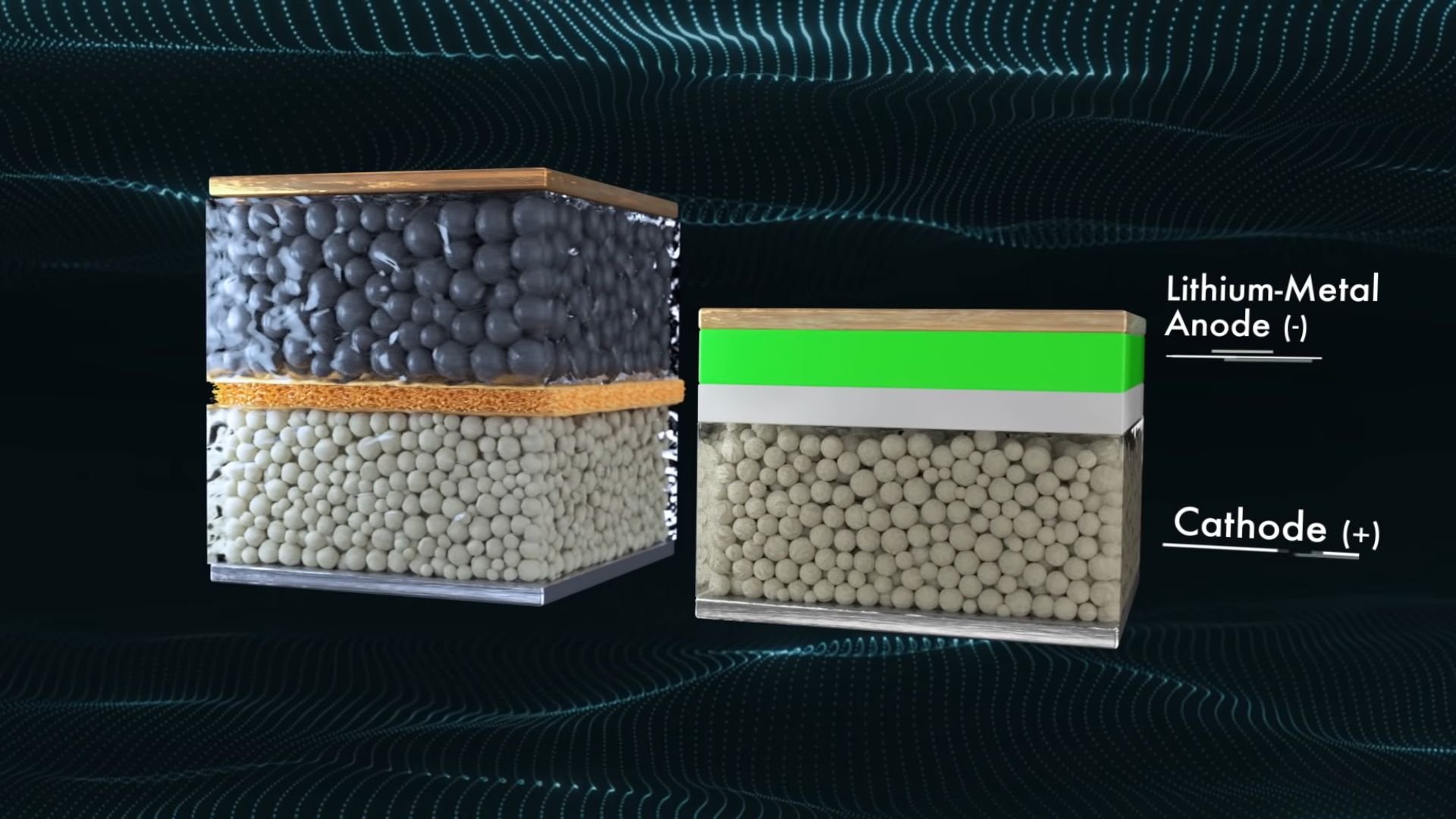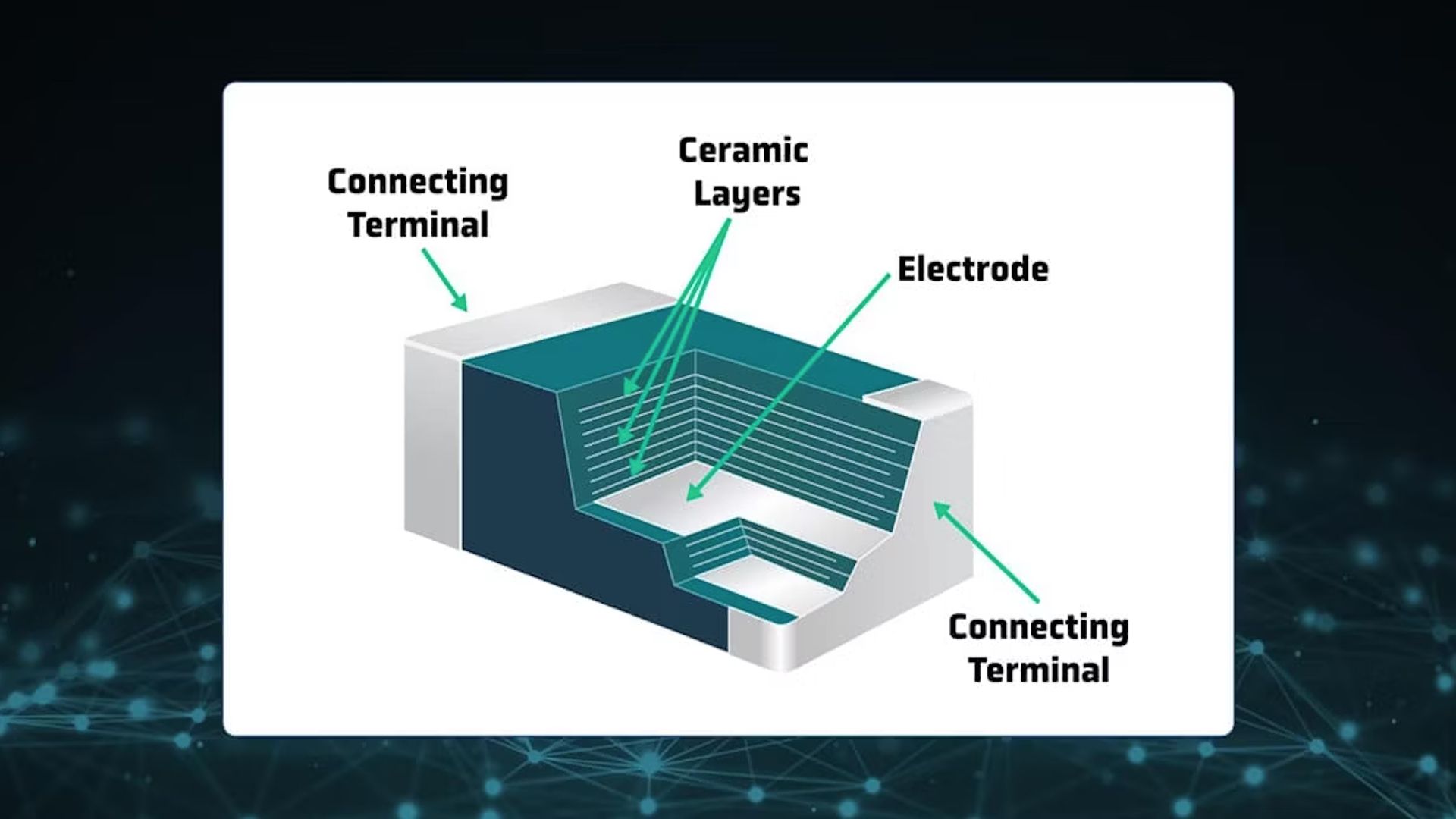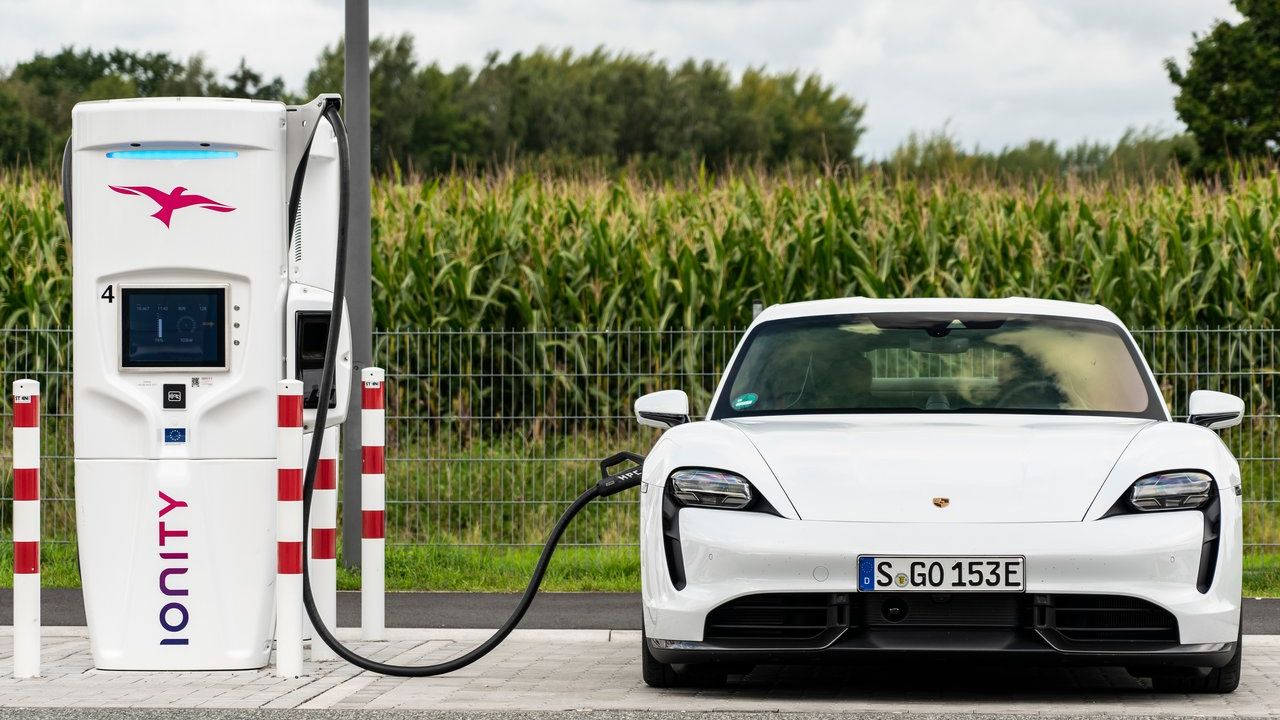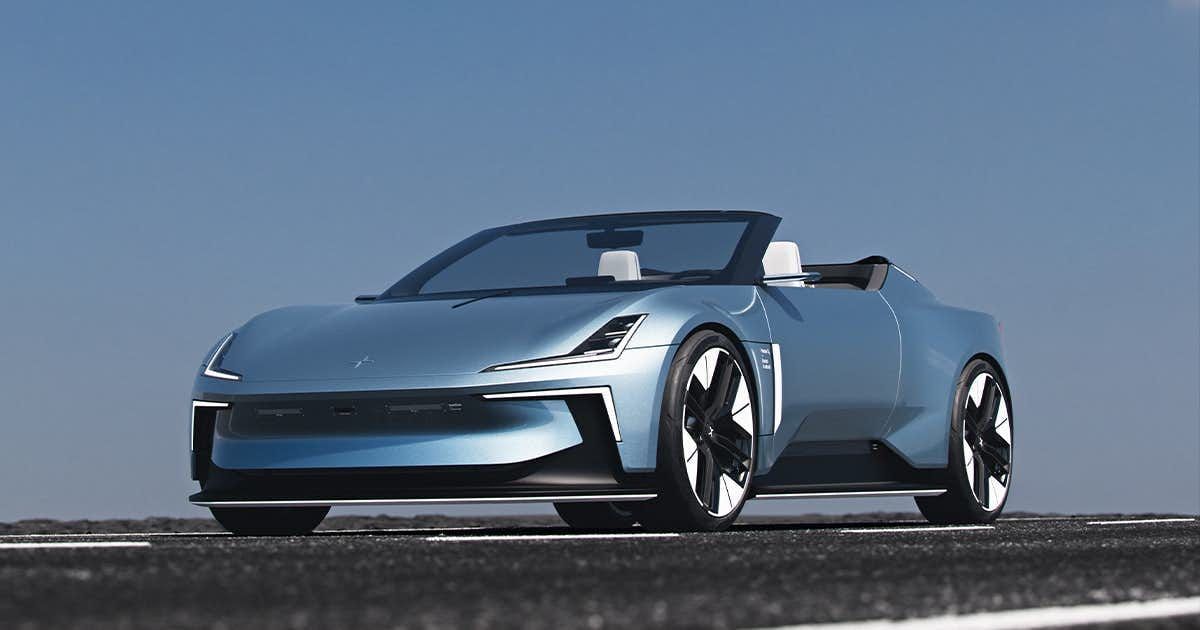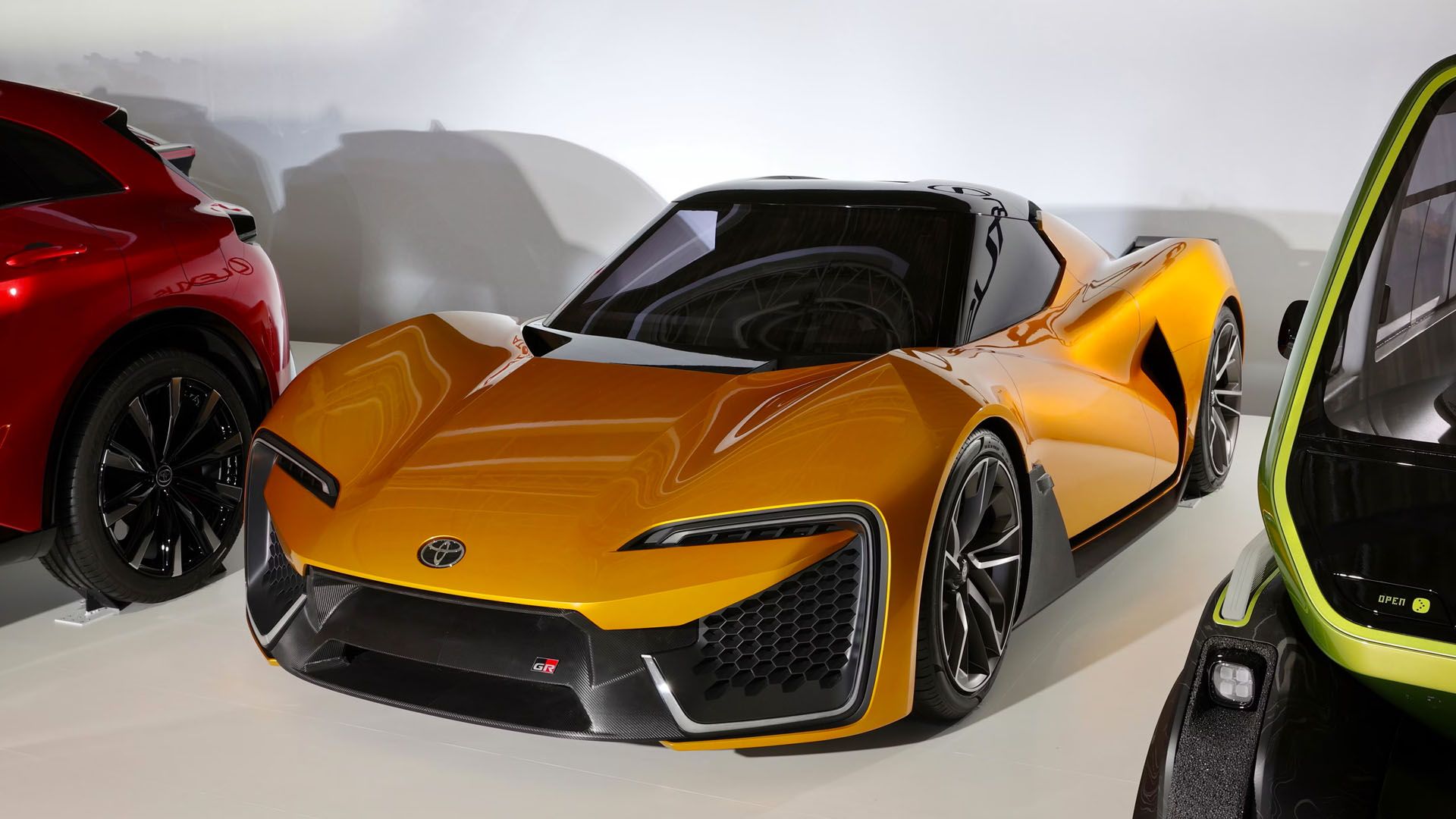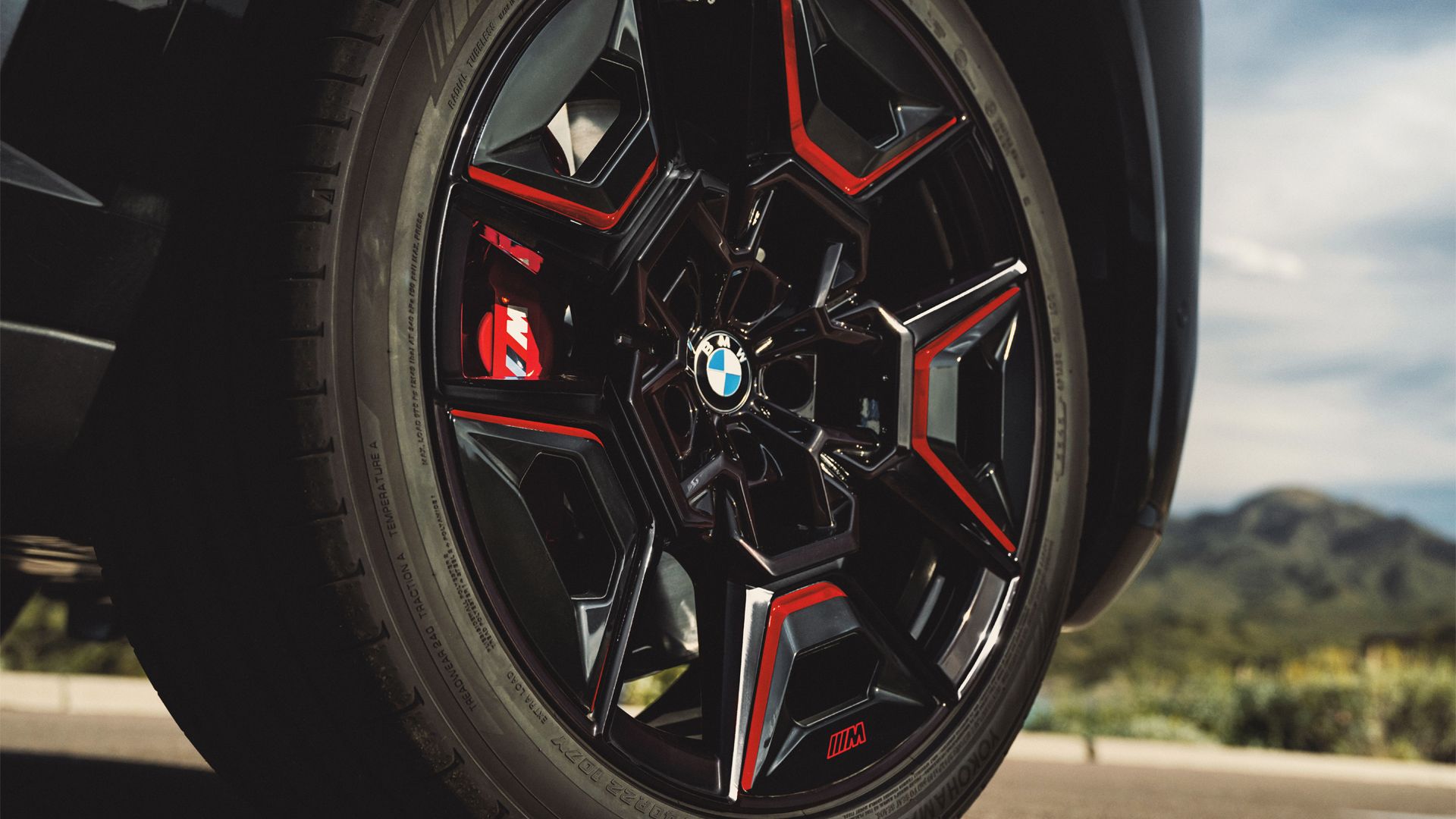Summary
- Solid-state batteries offer higher energy density, safer storage, and faster charging for electric sports cars, revolutionizing the industry.
- Their lightweight and space-saving composition contributes to improved performance and efficiency, enhancing handling and agility.
- Solid-state batteries provide environmental benefits by using more sustainable materials and reducing electronic waste, making electric sports cars a guilt-free choice.
The automotive industry has laid witness to an amazing shift towards sustainability and electrification in recent years. Electric vehicles have gained widespread market popularity because of this direction. Electrified sports cars have been at the helm of translating adrenaline-charged performance and cutting-edge technology to gear heads in this new age of EV offerings. One critical part stands as a foundation for the future of sports EVs to take a big step forward toward unlocking their true potential. This is the solid-state battery. Solid-state batteries emerge as a hopeful technology that will revolutionize the sports car industry as manufacturers look for more advanced and eco-friendly energy storage solutions.
The solid-state battery offers unparalleled of energy density, charging speed, safety, and longevity benefits, and they have the potential to redefine the concept of performance. This list explores 10 noteworthy reasons why the future of sports cars depends on the widespread adoption and progression of solid-state battery technology. The solid-state battery is sure to pave the way for a new era of thrilling, efficient, and sustainable driving experiences on and off the racetrack. Manufacturers and car enthusiasts can all agree that solid-state battery technology must be advanced if the future of performance cars is to evolve into a more exciting and environmentally conscious segment.
10 Better Energy Density
Solid-state batteries improve energy density in cars through their unique electrolyte structure. This translates to a more compact arrangement of active materials which equates to a higher energy storage capacity compared to traditional lithium-ion batteries with liquid electrolytes. Solid-state batteries can improve density by up to two times compared to lithium-ion. The increased energy density allows electric vehicles to have longer driving ranges without increasing battery dimensions or weight.
Solid-state batteries also use thinner electrode materials compared to conventional batteries. This increases energy density because thinner electrodes allow for more active material to be packed into the same volume. Improving density also makes the battery safer because it reduces the risk of dendrite formation and thermal runaway. This is a more crucial inclusion for sports cars because they generally travel at faster speeds and may be more prone to high-speed collisions on and off track.
9 Safer Means Of Energy Storage
Safety is one of the cornerstone principles in modern automotive design. This is a challenging factor to apply to sports cars because safety equipment often does not favor lightweight designs. Solid-state electrolytes are non-flammable and lower the risk of thermal runaway and potential fire incidents. The exclusion of flammable components enhances the stability and safety of the battery. This makes it less susceptible to catastrophic failure in extreme conditions or collisions. Solid-state batteries are also less prone to leakage and electrolyte decomposition.
The improved chemical stability of solid-state electrolytes reduces the likelihood of side reactions and capacity degradation. This minimizes the risk of battery failure over time. Solid-state batteries instill greater confidence in electric vehicle drivers by acting as a safer alternative. This ensures a more secure and problem-free driving experience and plays a crucial role in promoting the broader adoption of electric vehicles and advancing the future of sustainable transportation.
8 Faster Charging Capabilities
Solid-state batteries enable faster charging thanks to their solid electrolyte design. Ions can move faster in these electrolytes during charging and discharging. This reduces internal resistance and heat generation. Solid-state batteries can take on higher charging currents without struggling with overheating, which allows for rapid replenishment of energy. This is important because there’s no fun in owning a sports car if it is plugged into a charger for hours.
The faster charging capabilities of solid-state batteries address a noteworthy concern for electric vehicle adoption. It provides great convenience to drivers and promotes a more accessible and sustainable transportation ecosystem. EVs fitted with solid-state batteries can achieve nearly full charges in significantly reduced time when compared to lithium-ion battery-powered cars. This advantage enhances the driving experience and contributes to a more widespread adoption of electric vehicles by challenging charging infrastructure limitations and pushing widespread acceptance of cleaner and greener transportation solutions forward.
7 Enhanced Performance Delivery
Solid-state batteries lead to superior car performance by providing a number of key advantages. The higher energy density means that a higher power output can be achieved. This lets EVs accelerate even faster and translate into improved overall performance capabilities. The lightweight design of solid-state lets designers and engineers enhance an EV sports car’s agility, handling, and maneuverability. Faster charging and discharging capabilities further enable quick access to stored energy for more responsive acceleration and regenerative braking, upgraded dynamic performance, and a more pleasing driving experience.
Solid-state batteries offer improved chemical stability which ensures consistent performance for a significantly longer time. This enhanced energy efficiency increases vehicle range and performance. Ultimately, the tricky adoption of solid-state batteries paves the way for high-performance electric cars that appeal to performance-oriented drivers and contribute to the evolution of electric sports cars.
6 Lightweight And Space-Saving Composition
Solid-state EV batteries have a lightweight composition due to several factors. The absence of lithium-ion liquid means that the solid-state electrolytes eliminate the heavy and bulky safety features needed to stop leakage or spillage. Solid-state batteries can be manufactured with thinner electrode layers and separators, which further reduce the size and weight of the battery pack. This basic construction benefits from a higher energy density and performance without adding extra weight because of the efficient use of active materials.
The inherent safety of non-flammable electrolytes in solid-state batteries eliminates the need for heavy and bulky cooling systems or protective measures. This contributes to a lighter overall battery design. The lightweight nature of solid-state batteries plays a crucial role in enhancing the performance and efficiency of electric sports cars. This allows for even better range, improved handling, and greater agility.
5 Noteworthy Environmental Benefits
EV solid-state batteries offer substantial environmental benefits compared to conventional lithium-ion batteries. One key advantage is their potential use of more sustainable materials. Traditional lithium-ion batteries often rely on rare and environmentally sensitive resources, such as cobalt and nickel. This leads to ecological concerns and supply chain challenges. Solid-state batteries can be designed with alternative materials that are more abundant and less harmful to the environment.
Solid-state batteries minimize electronic waste and lower the overall environmental impact because they have a longer lifespan that reduces the need for frequent replacements. The improved energy efficiency and higher energy density of solid-state batteries lead to better driving range for electric vehicles in-between charges. The potential use of solid-state batteries in electric sports cars equates to sustainable benefits that can give owners guilt-free speed thrills.
4 Enhanced Regenerative Braking Efficiency
Solid-state batteries improve regenerative efficiency in electric vehicles via the regenerative braking system. Their unique solid-state electrolytes enable faster and more efficient ion movement during the charging and discharging processes. The solid-state battery can quickly capture and store the kinetic energy as electrical energy when the vehicle decelerates during regenerative braking. The faster charging and discharging abilities of a solid-state battery facilitate a more seamless and responsive energy conversion process. Higher efficiency in capturing and storing regenerative energy is the end result of this.
This improved regenerative efficiency means electric sports cars can recover more energy when braking. This extends the car’s driving range and reduces overall energy consumption. This is a big advantage for sports cars that may experience heavy braking much more frequently than a conventional passenger EV.
3 Great Design Flexibility
Solid-state batteries in electric sports cars bring about design flexibility thanks to their unique characteristics. Solid-state batteries can be designed in various shapes and sizes unlike conventional lithium-ion batteries with liquid electrolytes. This offers more flexibility for automotive designers and engineers. The solid-state electrolytes eliminate the need for rigid and bulky safety features which enables a more compact housing that can be implemented into different parts of the vehicle.
This opens up space for innovative design elements, such as enhanced cabin layouts, increased storage capacity, or improved aerodynamics. The ability to customize the shape of solid-state batteries allows manufacturers to optimize weight distribution and improve overall vehicle balance. This leads to better handling and performance which are arguably the most crucial elements for a sports car.
2 Improved Overall Performance Characteristics
Solid-state batteries will provide electric cars with higher power output and more consistent performance thanks to their unique design and characteristics. These batteries store more energy in a compact form to offer higher energy density via the solid-state electrolytes. The higher energy density means EV sports cars can deliver higher power outputs which should lead to quicker acceleration times and enhanced performance. These benefits are sure to appeal to performance-oriented drivers and enthusiasts.
Solid-state batteries provide better chemical stability and reduced capacity degradation over time which contributes to a more consistent performance throughout the battery’s lifespan. Electric performance cars equipped with solid-state batteries will maintain more of their peak power output and range over time. Combining higher power output and consistent performance makes solid-state batteries a promising technology for the future of electric sports cars, as they offer both improved dynamic capabilities and long-term reliability.
1 The Sports Car Evolution
Solid-state batteries can lead to significant advancements in electric sports cars due to their unique performance attributes. Manufacturers will be able to advance the segment into new horizons by using this innovation power output. The results will include faster acceleration figures and improved performance characteristics which are crucial for adding appeal to sports cars.
The lightweight design of solid-state batteries contributes to better agility and handling which is essential for modern sports cars. These advantages collectively pave the way for performance EVs that are highly likely to surpass the performance of conventional internal combustion engine sports cars. These new-age models will accelerate the widespread adoption of electric vehicles and drive the future of sustainable and exhilarating transportation.


